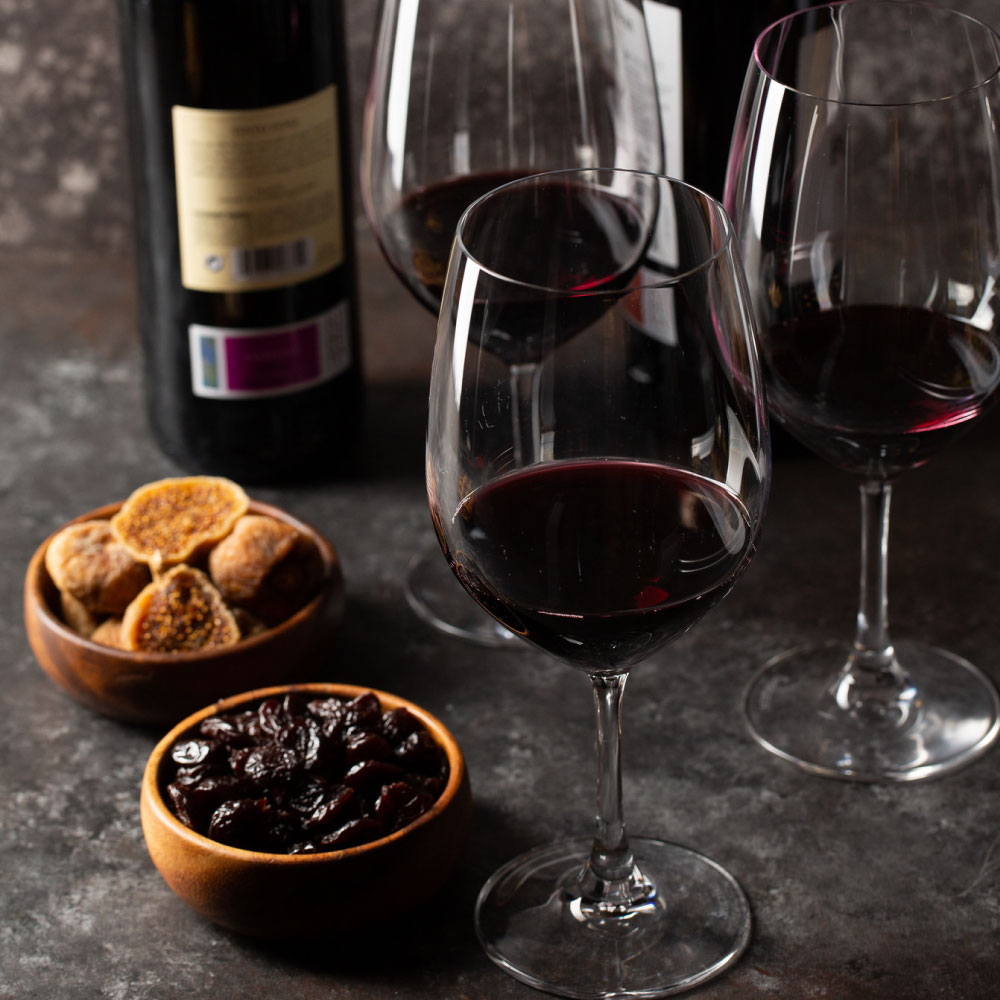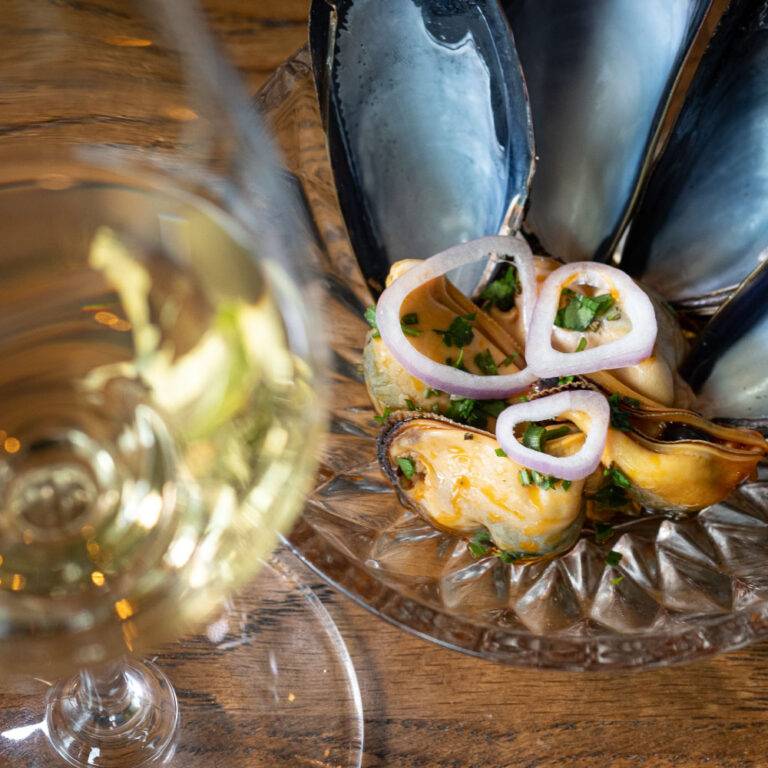RIBERA & RUEDA, NESTLED WITHIN THE LAND OF CASTILLA & LEON, PRODUCE WINES THAT EMBODY THE NOBLE TRAITS OF CASTLES AND LIONS.
Welcome to Ribera y Rueda
Extraordinary Region, Exceptional Wine
Ribera y Rueda transcend the typical wine country destination. It’s an unprecedented cultural experience, steeped in the majestic heritage and inspiring grandeur of Castilla y Leon. Anchored by its namesake icons of castles and lions, an excursion through these two regions winds you through hundreds of medieval castles and historical city centers.
The vines here have been producing Spain’s #1 selling white wine (Verdejo) and prominent red wine (Tempranillo) for over a century. The extreme temperatures and high altitude present a climate that belies its fertile nature, as both regions have been crafting remarkable wines for travelers for over a thousand years.

D.O. Ribera Del Duero
Land of Castles & Tempranillo
The wine region of Ribera del Duero, two hours north of Madrid, is home to more than 300 wineries and 2,300 labels, all of which have an almost singular focus: the tempranillo grape. Ribera del Duero is the origin of the most exclusive red wines in Spain – and these reds are rich, luxurious, and romantic, crafted in reverence to the castles of the region.
Rueda D.O.
Land of Lions & Verdejo
A 100-mile journey on the A-6 north from Madrid, Rueda is a vast expanse of lime-rich alluvial soils. The prime grape of the region is Verdejo, producing Spain’s #1 white wine – whites that are graceful, majestic, and feminine…just like the ever-present lioness.
Ribera del Duero and Rueda are located in Castilla y León (two hours northwest of Madrid), home to more than 300 medieval castles dating to the eight and ninth centuries.
The flag of Castilla y León bears images of castles and lions – the coat of arms commissioned by leaders centuries ago.
Wines in Ribera del Duero are majestic like the castles that dominate the landscape, mimicking the strength, richness and structure.
Rueda is the region with the most female winemakers in Spain. The white wines are graceful, majestic, and feminine like the lioness.
Wines in Rueda are grown in rocky, lime-rich sandy clay soils challenged by the region’s extreme growing conditions.
Ribera del Duero is home to a very distinctive style of Tempranillo called “Tinto Fino” due to extreme growing conditions.
Ribera del Duero and Rueda are located in Castilla y León (two hours northwest of Madrid), home to more than 300 medieval castles dating to the eight and ninth centuries.
The flag of Castilla y León bears images of castles and lions – the coat of arms commissioned by leaders centuries ago.
Wines in Ribera del Duero are majestic like the castles that dominate the landscape, mimicking the strength, richness and structure.
Rueda is the region with the most female winemakers in Spain. The white wines are graceful, majestic, and feminine like the lioness.
Wines in Rueda are grown in rocky, lime-rich sandy clay soils challenged by the region’s extreme growing conditions.
Ribera del Duero is home to a very distinctive style of Tempranillo called “Tinto Fino” due to extreme growing conditions.


Want access to events, recipes, contests and more?
Join the Community
Here’s an opportunity to join one of the most exciting wine communities in the world because insiders know that Spain’s most prestigious regions for red and white wine are Ribera del Duero and Rueda. We send just one amazing newsletter per month.


